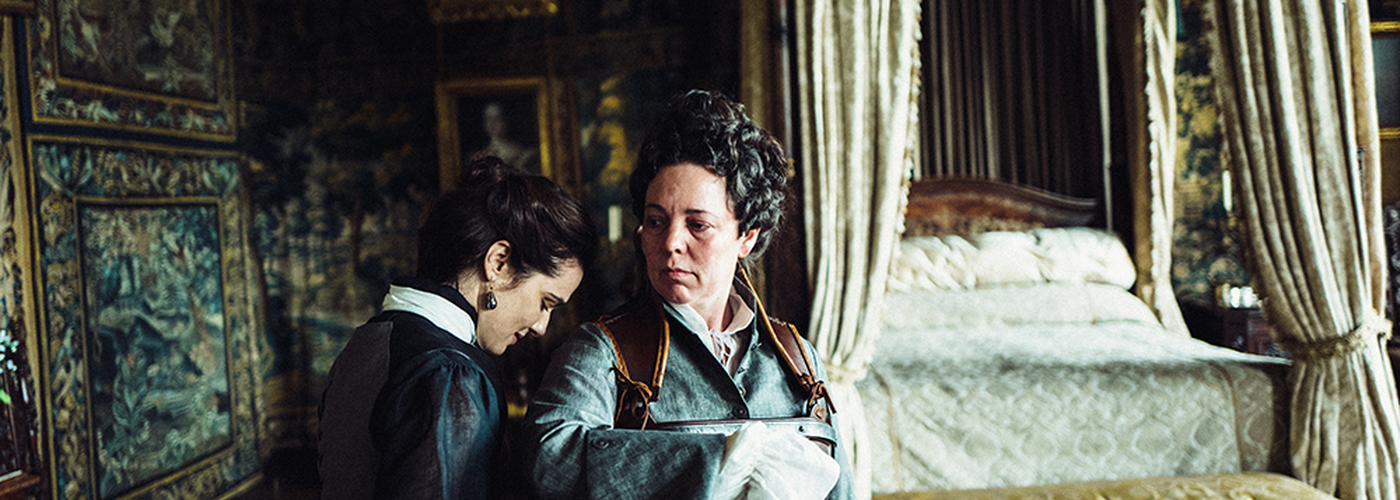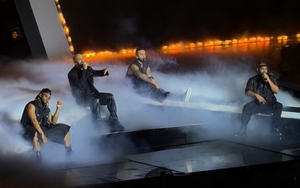Special year-long programme includes festivals, retrospectives and films from across the globe
According to the New York Film Academy, in an infographic updated last year, there is a 5:1 ratio of men to women working behind the scenes in film. In the top 250 grossing films of 2017, women accounted for just 11% of directors - one of many startling statistics.
And, as in many industries, cinematic gender imbalance is a global concern. From Bollywood to Blighty, studies find the same exasperating issues: clichéd (often objectified) portrayals of women, underrepresentation both behind and in front of the camera and wildly differing pay scales.
Needless to say, it’s not for want of talent, nor (in Britain at least) fewer women film graduates. They’re simply not given the same opportunities as their male counterparts.
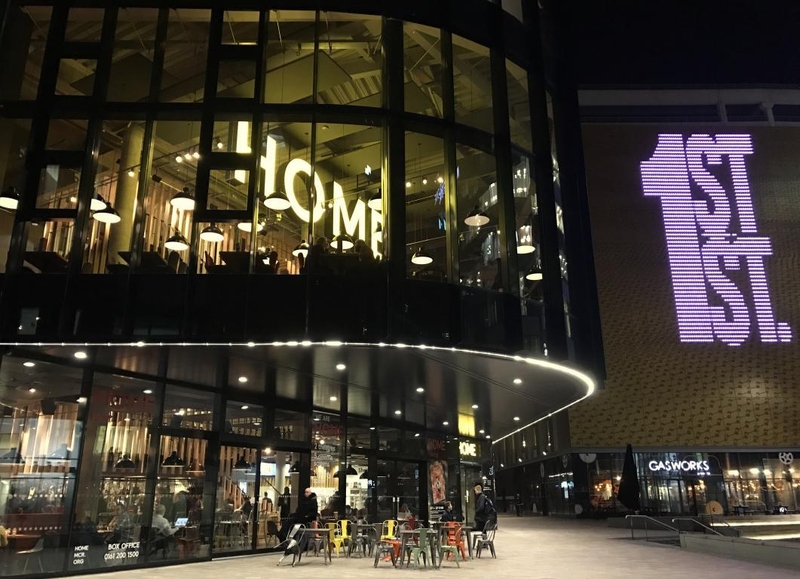
With that in mind, HOME has announced Celebrating Women in Global Cinema: a year-long programme that will ‘explore and challenge the place and space of female filmmakers from a variety of cultural, social and political perspectives.’
Rachel Hayward commented, co-curator and HOME’s Film Programme Manager, said: “In 2019 we’re taking our on-going commitment to diverse and inclusive film programming to the next level with the theme of women in film permeating our cinemas for an entire year – as opposed to a one-off season or event.
"We look forward to celebrating what women from across the world have achieved in film to date and encouraging and supporting the female creatives of the future so that the female voice in our industry becomes louder in the years to come.”
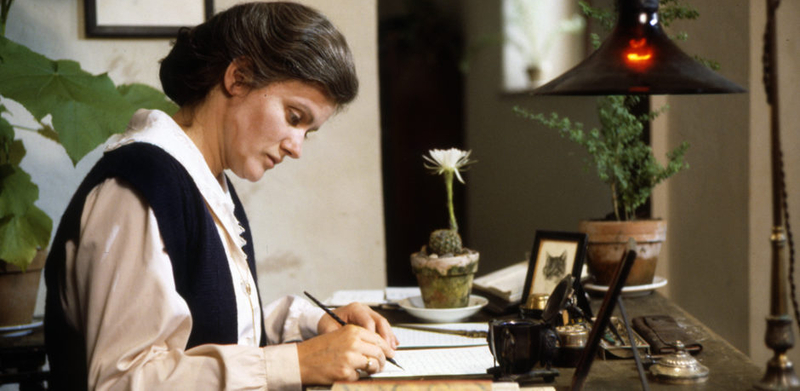
Celebrating ground-breaking women on both sides of the camera, a series of mini-retrospectives will kick off in January with Margarethe von Trotta, one of the leading lights of the New German Cinema of the 1970s and 1980s. Others include: Euzhan Palcy, the first black woman to direct a Hollywood studio picture (A Dry White Season, 1989); Mira Nair (Monsoon Wedding), one of India’s most critically acclaimed filmmakers; BAFTA-wining producer Rebecca O’Brien (I, Daniel Blake); and award-winning television writer and producer Debbie Horsfield (Poldark, Cutting It).
Exploring the often complex relationship that influential female filmmakers and stars have had with Hollywood, there will also be special events on Barbra Streisand, undoubtedly one of the biggest cross-media stars of the 1960s and 1970s; controversial Italian director Lina Wertmüller, the first female Best Director Oscar nominee (for Seven Beauties, 1975); and Ida Lupino, a pioneering director and producer who took on the male-dominated Hollywood studio system. Lupino worked on more than 130 films and TV programmes from 1931-1978 and was the first woman to direct a film noir (The Hitch-Hiker, 1953).
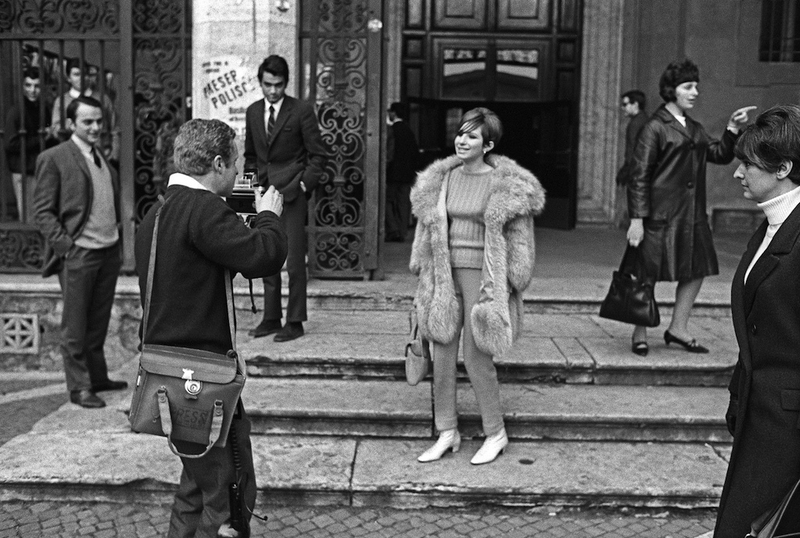
Confirmed seasons, meanwhile, include: Women, Organise!, a collection of films focussing on women’s activism and involvement in trade unionism - co-presented with the General Federation of Trade Unions 120th anniversary in 2019 - and a major retrospective, in May, of pioneering Hong Kong filmmaker Angie Chen.
HOME’s most popular returning seasons will also have a Celebrating Women in Global Cinema take-over: Not Just Bollywood, HOME’s annual showcase of independent Indian filmmaking, will devote the 2019 programme to female creatives - including a retrospective on actor-director Nandita Das (Firaaq) - while the ¡Viva! Spanish and Latin American Film Festival in March will screen a record proportion of films by women.
Partnerships span the Women Over Fifty Film Festival (WOFFF) to The University of Manchester’s Sexuality Summer School; one of several LGBT events, including a focus on films by trans women.
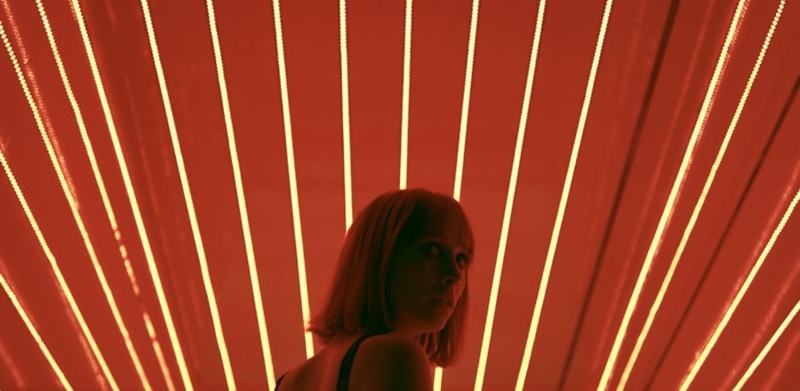
As a celebration of global cinema, the programme will feature work from Central, South and East Asia, Africa, Europe, North and South America; with special seasons dedicated to women filmmakers in the Arab world, particularly in Lebanon and Palestine, and women’s contributions to East Asian cinema to be announced.
Finally, HOME’s education programmes will explore women in cinematic spaces that are not deemed traditionally female, with evening courses on Women in Science Fiction and Women in Film Comedy.
Recognising the importance of accessibility and equality within the film industry, HOME has also opened up six programming slots in 2019 to be curated by burgeoning female creatives. Those who fancy pitching can attend an informal meetup in January.
Further events will be announced throughout the year. homemcr.org/event/celebrating-women-global-cinema





